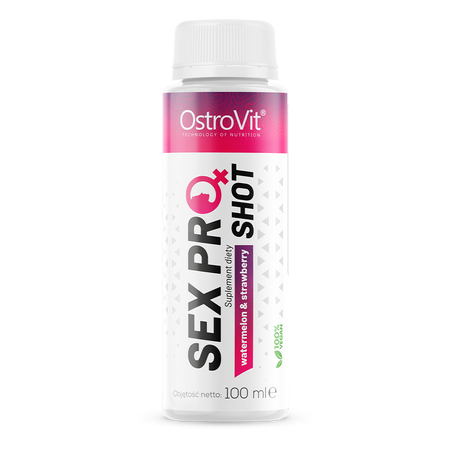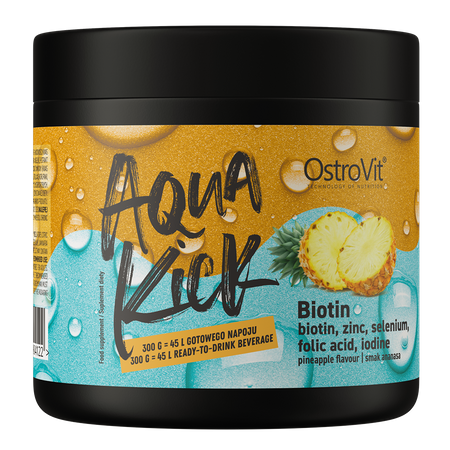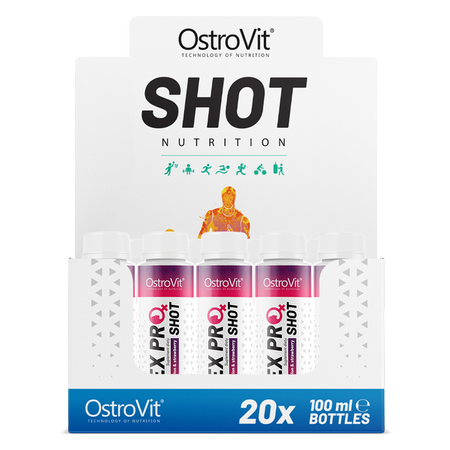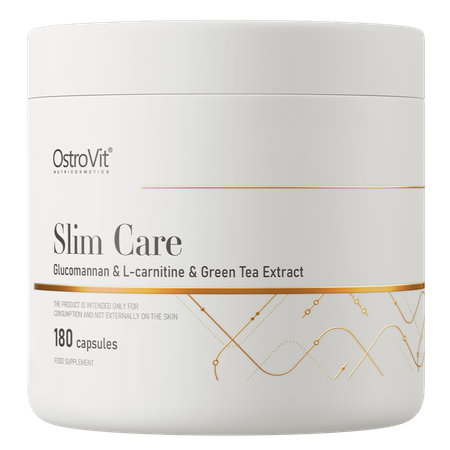Selenium
Selenium is a microelement that occurs in nature in negligible amounts. Contrary to appearances, however, it is an extremely important element that cares for the proper functioning of enzymes and helps to remove free radicals from the body. As if that were not enough, selenium supports the proper functioning of the thyroid gland and strengthens the immune system.
Deficiency of the element negatively affects the entire human body, but also an excess of micronutrients can be toxic. That is why it is so important to have an adequate supply of selenium, which will cover the demand for this mineral.
Selenium - what is it?
Selenium is a chemical element from the group of non-metals, classified as microelements. This component is presented in the body in microscopic amounts, and the demand for it does not exceed 100 mg per day.
Selenium was discovered in 1817 by a Swedish chemist, but research on the element began for good only at the beginning of the twentieth century.
In nature, selenium participates in the natural circulation that begins in the soil and especially in volcanic rocks. Then it is transported to the atmosphere and goes to water bodies and further to plants, animals and people.
However, soils in Poland are poor in this microelement, which is why it is worth including organic selenium in your daily diet to cover the demand for a mineral component.
Selenium properties
Selenium is part of two important amino acids, such as selenocysteine and selenomethionine, which are necessary for the synthesis of enzymes that have antioxidant properties. The element also affects the proper functioning of other enzymes and helps to remove free radicals from the body and reduce oxidative stress.
In addition, the microelement positively affects the production of B and T lymphocytes and macrophages, and thus can strengthen the immune system.
Besides, the element affects the production of the FT3 hormone and the regulation of anti-TPO levels. It can therefore be considered that selenium supports thyroid function by participating in the production of hormones necessary for its proper functioning.
Low levels of selenium in the body may be associated with deterioration of mood, which is why daily, adequate supply of the element is extremely important. What's more, the microelement has anti-inflammatory effects and supports the removal of heavy metals from the body, and thus can be helpful among people suffering from chronic diseases, e.g. rheumatoid arthritis.
Sources of selenium in food
Organic selenium can be found in food products such as:
- brazil nuts,
- salmon,
- tuna,
- clams,
- grains,
- meat,
- eggs,
- milk,
- garlic,
- dry legume seeds.
It is worth noting that the consumption of 100 g of salmon allows covering the average daily demand for selenium in 95%, while 100 g of beef or turkey covers 50% of human needs for this microelement.
Organic selenium is well absorbed from food. Protein, vitamin C, vitamin E and A additionally support its absorption in the body.
Selenium demand
According to the Nutrition Standards developed by the Institute of Food and Nutrition, the demand of an adult for selenium is 55 ug / day.
Among young people, this value ranges from 40 to 55 ug each day and depends on age. Among pregnant and lactating women, however, an increase in the demand for this micronutrient is observed. The daily supply of selenium in these groups should be 60 ug and 70 ug, respectively.
Selenium deficiency in the body
Maintaining selenium at the right level in the human body is not an easy task and the deficiency of the element is primarily exposed to people who have been diagnosed with problems with absorption from the gastrointestinal tract or people after removing part of the small intestine.
In addition, selenium deficiency may occur among patients suffering from cystic fibrosis, rheumatoid arthritis, immune diseases or blood vessel diseases.
The most common symptoms of insufficient supply of the element include:
- deterioration of the condition of hair, skin and nails,
- nausea and vomiting,
- fertility problems,
- muscle aches,
- increased susceptibility to infections.
Selenium deficiency also leads to endemic diseases occurring in China, such as Keshan disease, i.e. juvenile cardiomyopathy, or Kashin-Back disease, i.e. articular cartilage dystrophy.
Long-term selenium deficiency may contribute to thyroid malfunction and may increase the risk of civilization diseases.
Excess selenium in the body
Selenium belongs to toxic elements and its excessive supply may contribute to the occurrence of side effects, i.a. to the development of a disease called selenosis.
Excess micronutrients can induce oxidative stress in cells, as well as increase the risk of developing type II diabetes or pulmonary edema.
Symptoms of excessive selenium intake include:
- excessive hair loss,
- digestive disorders,
- sour taste in the mouth,
- no appetite,
- nausea and vomiting,
- diarrhea.
Selenium supplementation
When using dietary supplements rich in selenium, care should be taken not to lead to an excessive supply of micronutrients and provoke undesirable effects.
Preparations rich in selenium should be taken together with sources of protein, vitamins A, C and E, which will increase the absorption of the element in the body.
It is also worth being careful when taking selenium while using anticoagulants, such as warfarin or heparin. The element together with these drugs may increase the risk of bleeding.

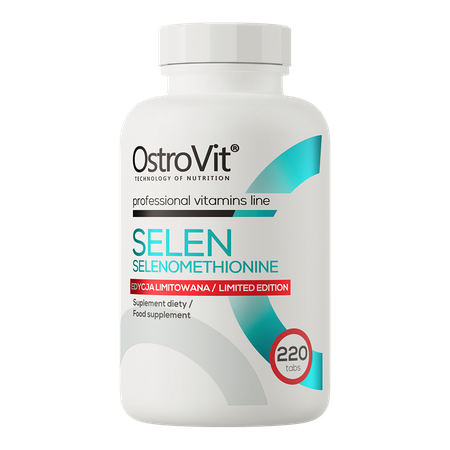
 Bestseller
Bestseller